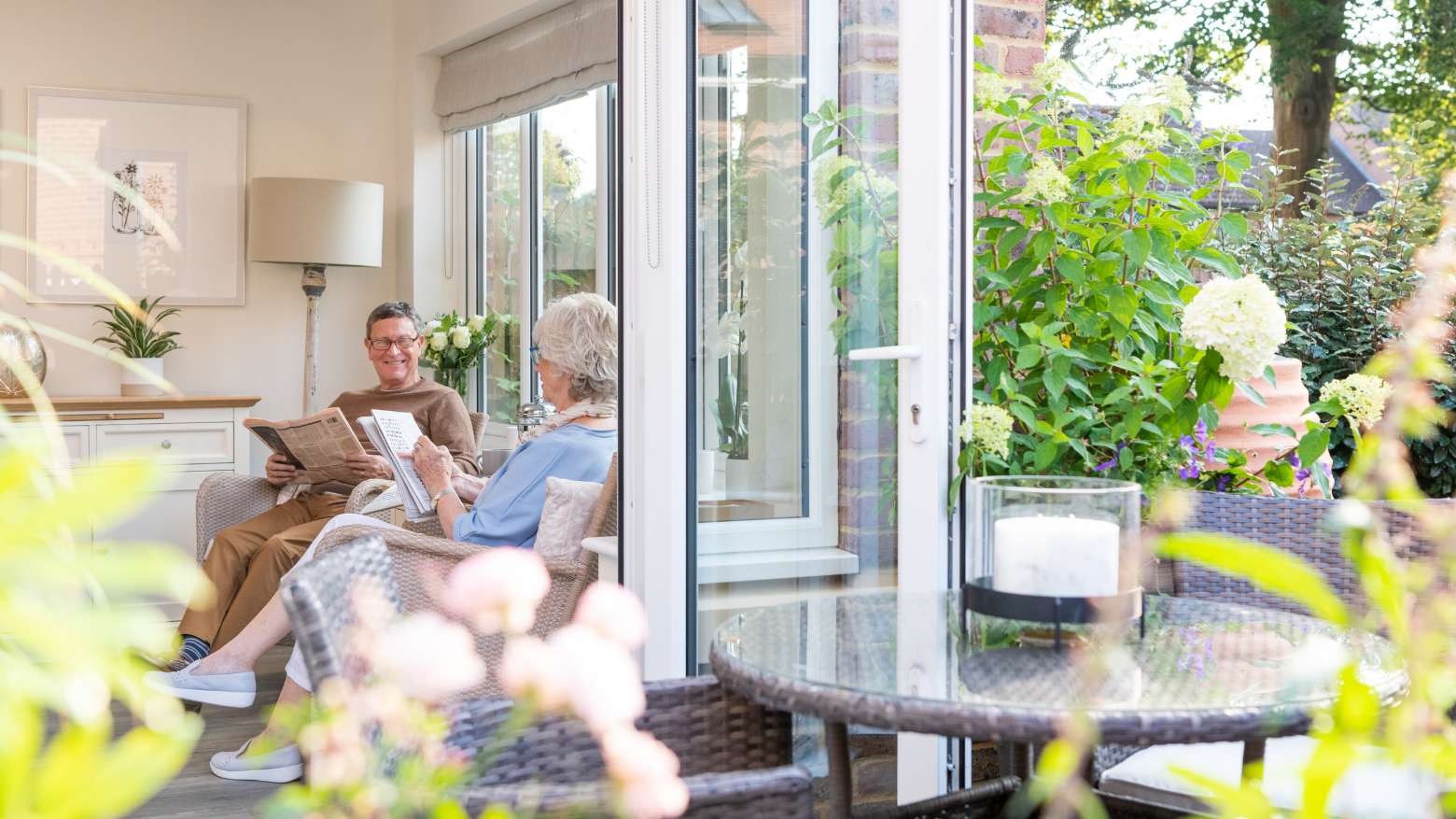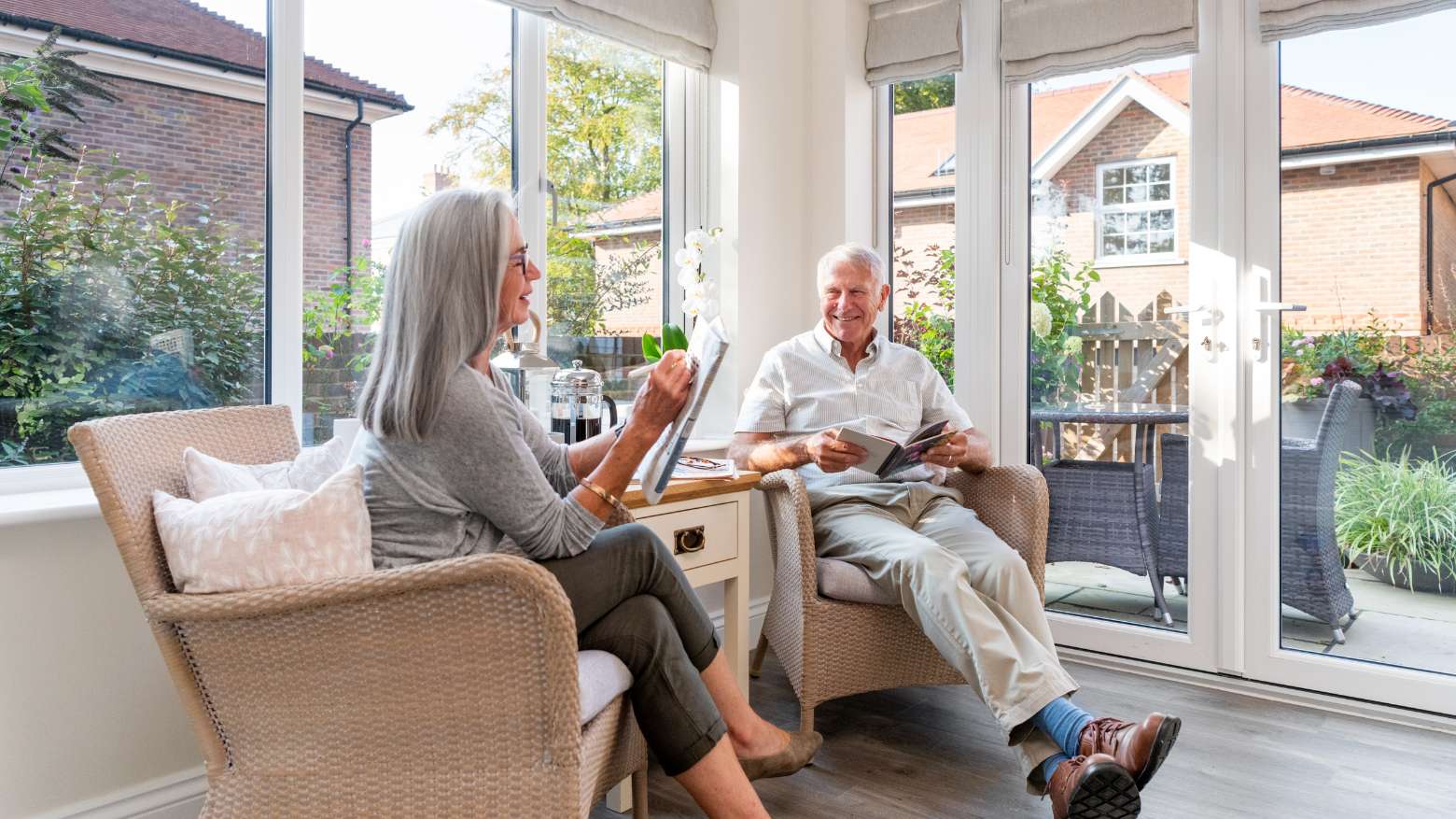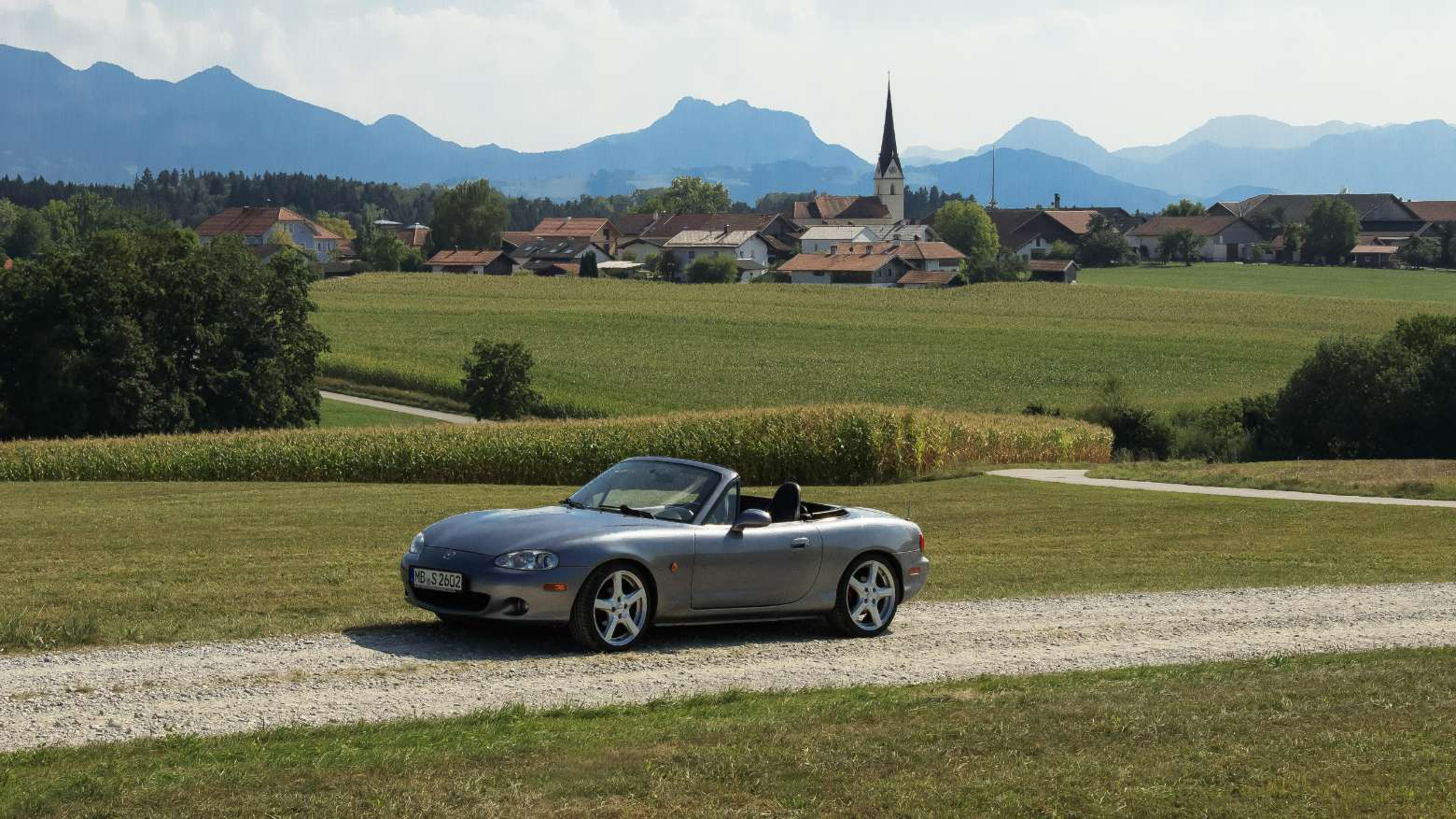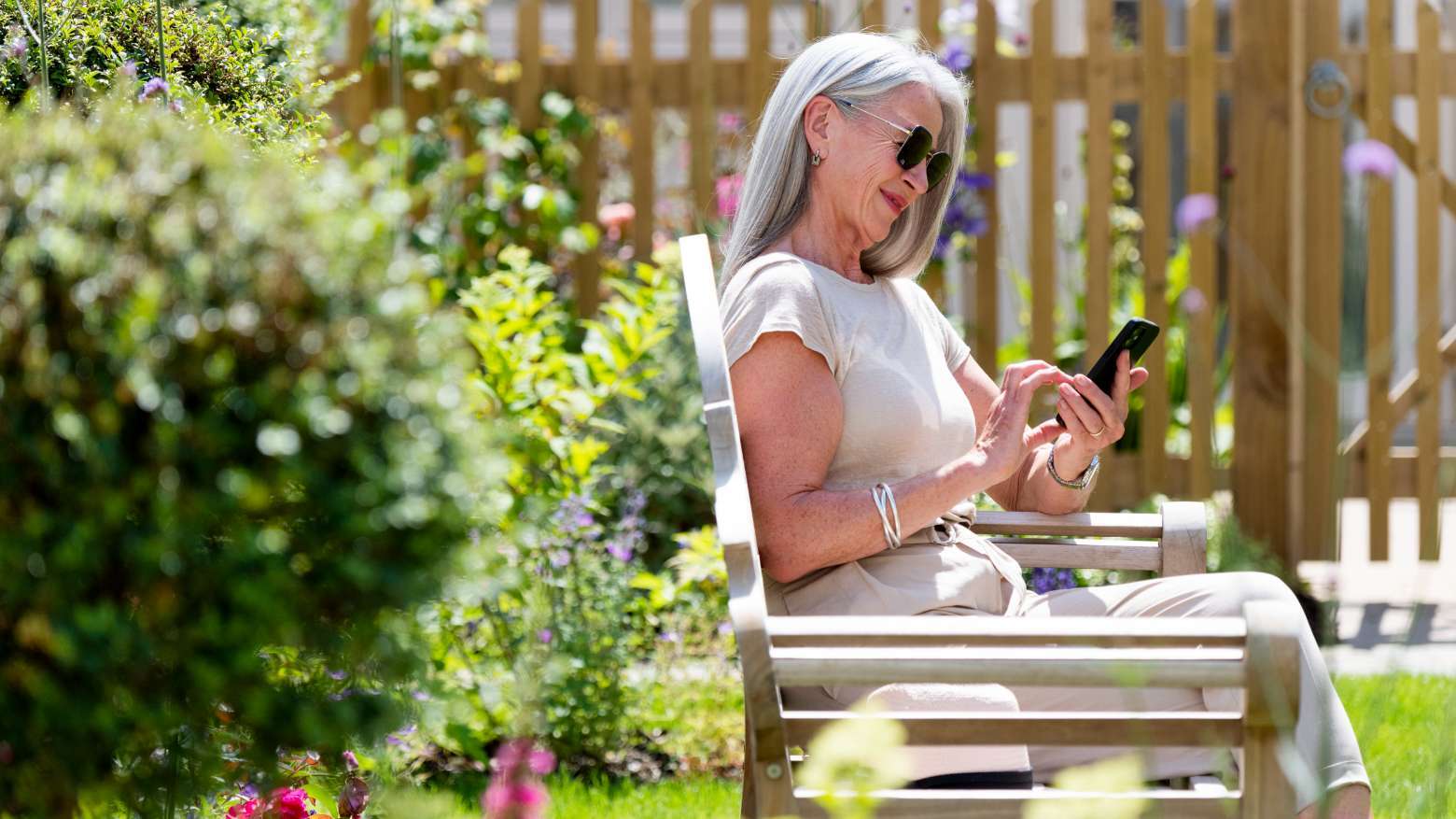

Type ‘should I save money after retirement’ into your search engine and one of the answers that comes up is ‘No! You save money in order to retire comfortably. Once you retire your saving days are done. It’s time to use the money.’ Now, whilst this may have been a reasonable answer a generation or two ago, in the days of rising costs and longevity, it no longer applies.
If you live in an older family home, your maintenance costs and your running costs will likely be high. Heating bills, the cost of cleaning in both time and money, gardening, window cleaning insurance and other expenses, such as council tax, are likely to be far more expensive than they would be in a new home that’s both energy efficient and easy to maintain. With an older property, you’re more likely to have unexpected expenses such as repairs to the boiler, the guttering, the plumbing system. With an elegant new retirement house or apartment, you’ll pay a service charge, but this will cover your insurance, your window cleaning and the maintenance of the communal areas. On a Beechcroft development, your service charge covers the cost of an on-site Estate Manager who handles the administration of the development, organising gardening of the landscaped settings and private gardens. Take a look at our other blog post, detailing how tosave up to 60% on your energy bills with a new Beechcroft home.
In 2024, it is estimated that UK car owners spend, on average, over £3,800 to run a car each year. The biggest expenses are petrol or diesel (£889 a year estimated due to rising petrol and diesel prices), motor insurance (£796 a year) and repairs and servicing (£472 a year). In addition, road tax, parking fees and other upkeep expenses cost an additional £238 a year per vehicle – and sometimes unexpected costs arise if your car has a problem.
Moving to a Beechcroft development will generally put you closer to shops and services – you may be within walking distance of your local shops and many new developments provide a shuttle bus service for trips into town and for residents’ trips further afield. In England, you’ll get a free bus pass when you reach the state pension age and whilst many of us might not like the idea of a free bus pass, it can bring significant savings and allow you to get out and about without the hassle of parking.
Whilst you’re still working, you may not have time to think carefully about your finances and whether you could save on your bills – but in retirement with a bit more time on your hands, it’s worth going through your spending and seeing if you could renegotiate some of your costs.
Reduce your phone bill: one of the biggest cost savings can be on mobile phones. Renegotiating my own phone bill recently helped me to cut the cost by more than 50%. ‘The Times’ published an excellent article on this, providing top tips to reduce costs.
As a summary, the main tips included:
Check you’re in the correct council tax band: whilst you might not be able to do anything about the expensive monthly council tax band, more than 400,000 properties in the UK are in the wrong band – so take a look at gov.uk/challenge-council-tax-band.
Insurance: with insurance of all kinds – from car, home to travel, life and pets, never accept the yearly renewal price with the same company. Often companies give better rates to new customers – and you’ll pay less than you do with your current insurer. Avoid paying by direct debit for any insurance policy because it means you pay interest on top of the premium. There are plenty of price comparison sites including moneysupermarket.com which is on a mission to save the nation £1 billion – and to help you reduce your household bills.
When we reach retirement, many of us change our shopping habits – particularly if we are widowed and no longer cooking for two. I know that I waste a lot of money going to the shops every day and buying the food for my evening meal. Although this cuts down on any food wasted, it’s a much more expensive way of living. Doing a weekly shop and planning the meals helps encourage you to only buy what you need and saves the trips to the shops and buying expensive items just for the day. Batch cooking and using the freezer efficiently can result in significant savings. Consider changing the supermarket you use – we all love quality supermarkets – and we know which ones top the list without mentioning the brand names here. Research by trade magazine ‘The Grocer’ revealed that you can save a massive 55% on your food bill by changing your supermarket. Don’t forget to use supermarket loyalty cards – schemes such as Tesco’s Clubcard can mean savings as you shop and Sainsbury’s Nectar gives points that you can convert to money off your shopping.
We’ve already mentioned that moving to a new Beechcroft home can save you up to 60% on your energy bills, but there are other ways to reduce how much you spend on your gas, electricity and water. In terms of water, taking showers rather than baths costs less and is better for the environment. Typically a shower uses 50% less water than a bath. Check whether you would save money on your electricity or gas bills by paying by direct debit and do ensure that your provider doesn’t owe you money by giving them a regular meter reading and checking the costs against your usage.
7 April 2025
From beautiful landscapes to excellent transport links, Kent offers the best of both worlds - convenience and charm - along with…
Read more17 March 2025
Research certainly suggests that it may well be…
Read more17 February 2025
After a lifetime of hard work, retirement should be something to celebrate, a time when you’re able to do things you enjoy most…
Read more



